Content
ToggleThe Human Resources (HR) department is critical to the success of any large organisation, especially in an increasingly competitive global environment. Human resources job titles not only encompass talent management and labour compliance, but also play a crucial role in promoting employee well-being, including mental health at work.
As companies face challenges such as attracting and retaining talent and integrating new technologies, HR becomes a strategic ally in driving organisational change.
This article will explore the various human resources job titles, how they are adapting to current trends, and the importance of establishing OKRs for HR to align their objectives with those of the organisation.
The evolution of Human Resources job titles
Traditionally, HR departments focused on administrative functions such as payroll management, recruitment, and regulatory compliance. However, these roles have evolved significantly in the modern business environment.
Today, human resources job titles encompass a wide range of strategic functions, including talent development, change management, and promoting mental health at work.
Key roles in Human Resources
1. HR Manager: The HR manager is crucial in coordinating the activities of the HR department. This position requires leadership skills and a deep understanding of labour legislation (in Spain, the Estatuto de los Trabajadores), company policies, and talent management best practices. HR managers are responsible for implementing strategies that align employees with organisational goals.
Empower your leadership with this strategy for HR managers, created by ifeel’s expert psychologists.
2. Recruitment Specialist: Also known as recruiters, these professionals are responsible for attracting and selecting personnel, i.e., the right candidates to fill vacancies. They use different strategies, from using digital platforms to organising job fairs.
3. Well-being and Mental Health Manager: With the growing recognition of the importance of mental health at work, many companies have integrated roles dedicated to the well-being of their employees. These managers develop programmes to support employees’ psychological health and promote a positive work environment.
To assist in the process, ifeel’s team of expert psychologists has designed this guide to help HR managers positively inspire their employees’ experience.
4. Organisational Development Consultant: This role focuses on improving organisational effectiveness by analysing internal processes and structures and proposing changes to optimise performance and employee satisfaction.
Join the global leading solution in mental well-being
Emerging specialties in HR
With the advancement of technology and globalisation, new specialties have emerged within the HR field. Two key areas are data analytics and employee experience management.
Data analytics in HR involves using tools to predict employment trends, measure the effectiveness of HR policies, and optimise recruitment and retention processes.
Implementing OKRs for HR
Implementing OKRs (Objectives and Key Results) has become an effective method for aligning HR objectives with broader organisational goals.
OKRs help clearly define what the department expects to achieve and how it will measure its success. This methodology fosters transparency and accountability, ensuring all team members are aligned and focused on strategic priorities.
Download our free OKRs for HR managers guide to keep more concrete track of your goals for the coming year.
Example of OKRs for HR
Below is an example of how OKRs for human resources job titles could be structured:
| Objective | Key result |
|---|---|
| Improve employee retention | Reduce employee turnover by 10% over the next year. |
| Strengthen organisational culture | Increase employee satisfaction scores in internal surveys by 15% in six months. |
| Promote professional development | Implement a mentoring programme involving at least 50% of employees in the next three months. |
Trends in Human Resources
The HR field is constantly evolving, and companies need to be aware of the latest HR trends to stay ahead of the curve. In this sense, some of the trends that involve human resources job titles are:
- Digitisation of the HR Department: Many companies use software to automate processes such as payroll management and applicant tracking. This not only improves efficiency but also frees up time for professionals to focus on more strategic tasks.
In fact, according to surveys, more than 70% of HR managers recognise the need for digital transformation in their department, yet only 37% feel confident in their ability to implement such changes.
To help in this process, ifeel has developed a free downloadable HR AI implementation strategy that will help you assess your processes and guide you step-by-step in adapting AI to your organisation.
- Focus on Diversity and Inclusion: Companies recognise the importance of a diverse workforce. HR departments are crucial in implementing policies that encourage diversity and inclusion.
- Mental Health and Well-being: As mentioned above, mental health at work has gained importance, and HR departments are leading the way in creating work environments that promote employee well-being.
“One of the top priorities for both myself and the People team has been to encourage listening to and supporting employees’ mental wellbeing within our organisational culture.”
– Lisa Porres, Chief People Officer at Spotahome, an ifeel partner company.
Tools and resources for HR Managers
To effectively manage an HR department, appropriate tools are indispensable. In this sense, at ifeel we have designed the following tools, capable of helping people in human resources job titles to boost organisational development:
- The first aid kit for HR managers provides key tools to face critical situations in the work environment.
- Our guide to integrating the DEIB Strategy into your Corporate Culture provides your company with the tools to foster diversity, equity, inclusion, and belonging in the workplace.
- The 360° well-being strategy guide offers a holistic approach to improving mental well-being in the workplace.

Unlocking enterprises’ potential
At ifeel, we know that human resources job titles are integral to any modern organisation. From talent management to implementing HR OKRs, these roles are key to fostering a positive and productive work environment.
To support companies in this process, our team of expert workplace well-being psychologists has created a mental well-being solution for businesses that improves talent retention, reduces presenteeism, and combats employee stress.
With our mental well-being solution, your company’s HR managers can receive personalised, data-driven advice on improving mental health at work. In addition, this solution offers employees a 360° mental well-being service structured at different levels according to their needs. Try our solution now to see how it could help you.
We hope you found this article on Human Resources job titles interesting. If you would like more information about our mental well-being solution for companies, simply request it, and we will contact your team as soon as possible.













